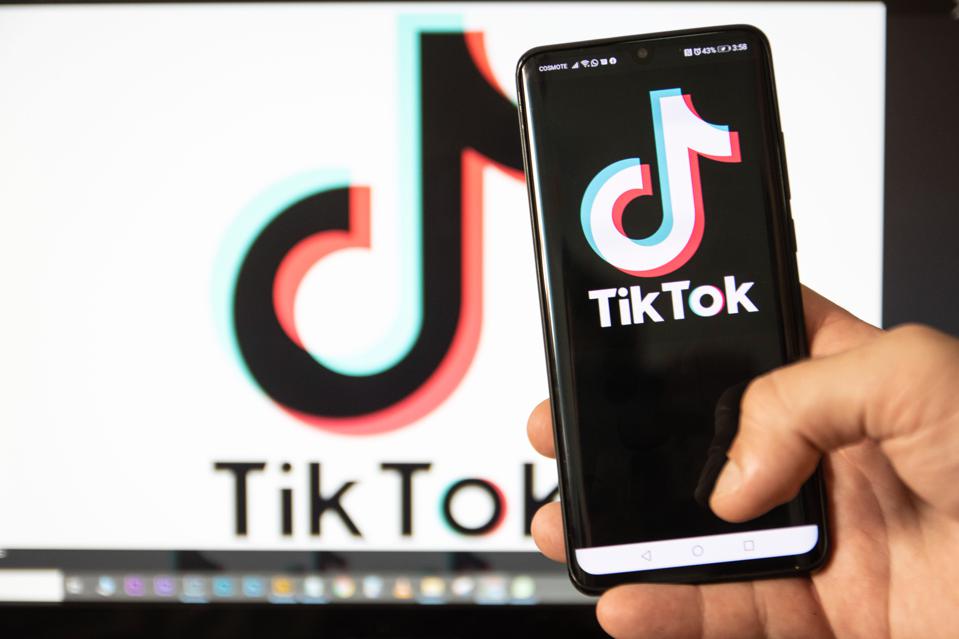You might wont’ believe but recently Stream raises 38M series and the whole story covered by lunden of techcrunch. While stumbling stream 38m serieslundentechcrunch on google, I found that stream raised $38 million as its chat and activity feed APIs power communications for 1B users.
The majority of our contact is digital these days, and one of the firms that enables this — with APIs to embed chat experiences into apps — is announcing a fundraising round on the heels of very strong growth.
Stream, which enables developers to integrate conversation and activity streams into apps and other services with just a few lines of code, has raised $38 million, which it will use to expand its present business and develop new features.
Stream began with APIs for activity feeds and subsequently grew to chat, which can now be incorporated into a variety of app platforms. Currently, Stream’s customers integrate third-party chatbots and use Dolby for video and audio, but Stream would like to expand in these areas in the future.
“End-to-end encryption and chatbots: We want to take as many components as possible,” said Thierry Schellenbach, the CEO who co-founded the Amsterdam-based business in 2015 with CTO Tommaso Barbugli (the startup still has a substantial team in Amsterdam headed by Barbugli, but its headquarters is now in Boulder, Colorado, where Schellenbach eventually moved).
The company has accumulated a list of notable clients, including TaskRabbit, owned by Ikea, NBC Sports, Unilever, Delivery Hero, Gojek, eToro, and Stanford University, as well as a number of other clients that it is not disclosing in healthcare, education, finance, virtual events, dating, gaming, and social. Collectively, the apps that Stream enables serve nearly 1 billion users.
This Series B investment is being headed by Aydin Senkut of Felicis Ventures, with participation from prior investors GGV Capital and 01 Advisors (the fund created by Twitter’s former CEO and COO, Dick Costolo and Adam Bain).
Alongside them, a mix of previous and new individual and smaller investors participated: Olivier Pomel, CEO of Datadog; Tom Preston-Werner, co-founder of GitHub; Amsterdam-based Knight Capital; Johnny Boufarhat, founder and CEO of Hopin; and Selcuk Atli, co-founder and CEO of social gaming app Bunch (itself having recently raised a notable $20 million round led by General Catalyst).
This list is indicative of the types of startups that are also secretly utilising Stream.
The company’s capitalization is not disclosed, although chat revenue surged by 500% in 2020.
Indeed, the Series B represents a moment of opportunity: It comes only about six months after the business earned $15 million in Series A funding, and Stream was not actively seeking funding at the time.
“We weren’t expecting to gather funds until later in the year, but Aydin made it difficult for us to say no,” Schellenbach added.
“More than anything else, they are developing on the platforms in the relevant technology,” Senkut said in an interview, stressing that the company’s customers attest to a high return on investment. “It is uncommon for a customer-centric product to scale well. It’s limitless potential… and we want to be a part of the tale.”
This opportunity is not one that Stream is pursuing alone.
SendBird, Agora, PubNub, Twilio, and Sinch are among the major players in the world of API-based communications services such as messaging, activity streams — those consolidated updates you get in apps that tell you when people have responded to a post of yours or new content has landed that is relevant to you, or you have a message — and chat, all of which have raised substantial funding, gained a great deal of traction with cutomers, and/or
This may indicate rivalry, but it also suggests that there is a big market there to be exploited.
In fact, one of the reasons why firms like Stream are currently doing so well is because of what they have created and the market demand for it.
Stream’s communications services could be comparable to those of fintech companies such as Adyen (another significant digital powerhouse from Amsterdam), Stripe, Rapyd, Mambu, and others.
As with payments, the mechanics of establishing chat capability, for instance, can be complex, typically requiring the integration of a variety of services and platforms that do not naturally communicate with one another.
Nonetheless, even if they are not the primary feature of the product, an activity feed or a messaging function are fundamental to the operation of a large number of apps. Food ordering and delivery apps are a fantastic illustration of this: they are not “chat apps” by nature, but they must include a chat option for when you need to connect with a driver or restaurant.
APIs are one of the more central and standard building blocks in apps today, so it’s logical that we’d see the emergence of a variety of tech companies that have done the hard work of building the mechanics of, say, a chat service, and made that accessible via an API to those who want to use it; and a surge of developers eager to get their hands on those APIs to incorporate that functionality into their apps.
What Stream is developing should not be mistaken with the customer-service-focused services that businesses like Zendesk and Intercom are developing when they discuss chat for applications. These may be specialised capabilities that integrate with CRM systems, customer service teams, and other marketing analytics tools, among others. Instead, Stream focuses on consumer-to-consumer communication services.
Easy-to-integrate services, such as Stream’s, may portend the emergence of additional social applications in the future, which is a noteworthy trend.
At least one important customer, whom I am now permitted to name, is a rapidly expanding, still-young social app that has built the core of its service on Stream’s API.
With a handful of companies — led by Facebook, but also including ByteDance/TikTok, Tencent, Twitter, Snap, Google (via YouTube), and others depending on the region — holding an outsized grip on social interactions, easier, platform-agnostic access to core communications tools like chat could help more of these, with different “social” business model approaches, find their way into the world.
“Stream’s technology solves a frequent difficulty in product development by providing an easy-to-integrate and scalable communications solution,” stated 01 Advisors’ Dick Costolo, the former CEO of Twitter. Beyond that, their team and clear vision distinguish them, and we enthusiastically support their mission.



